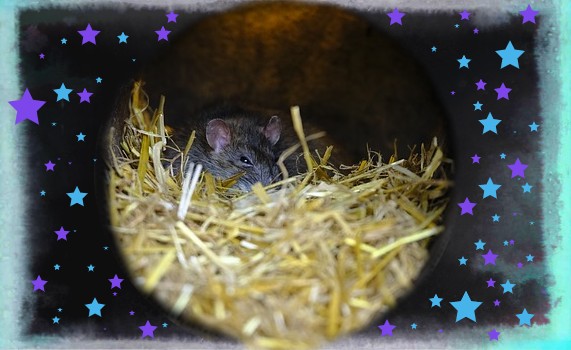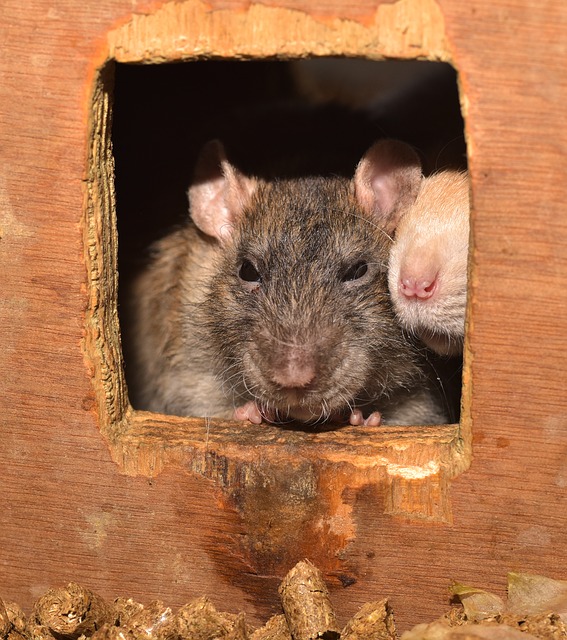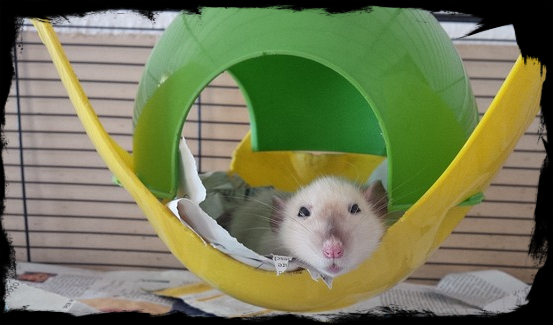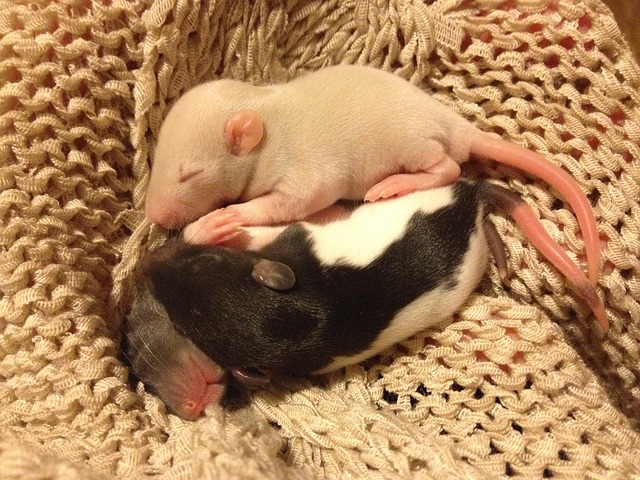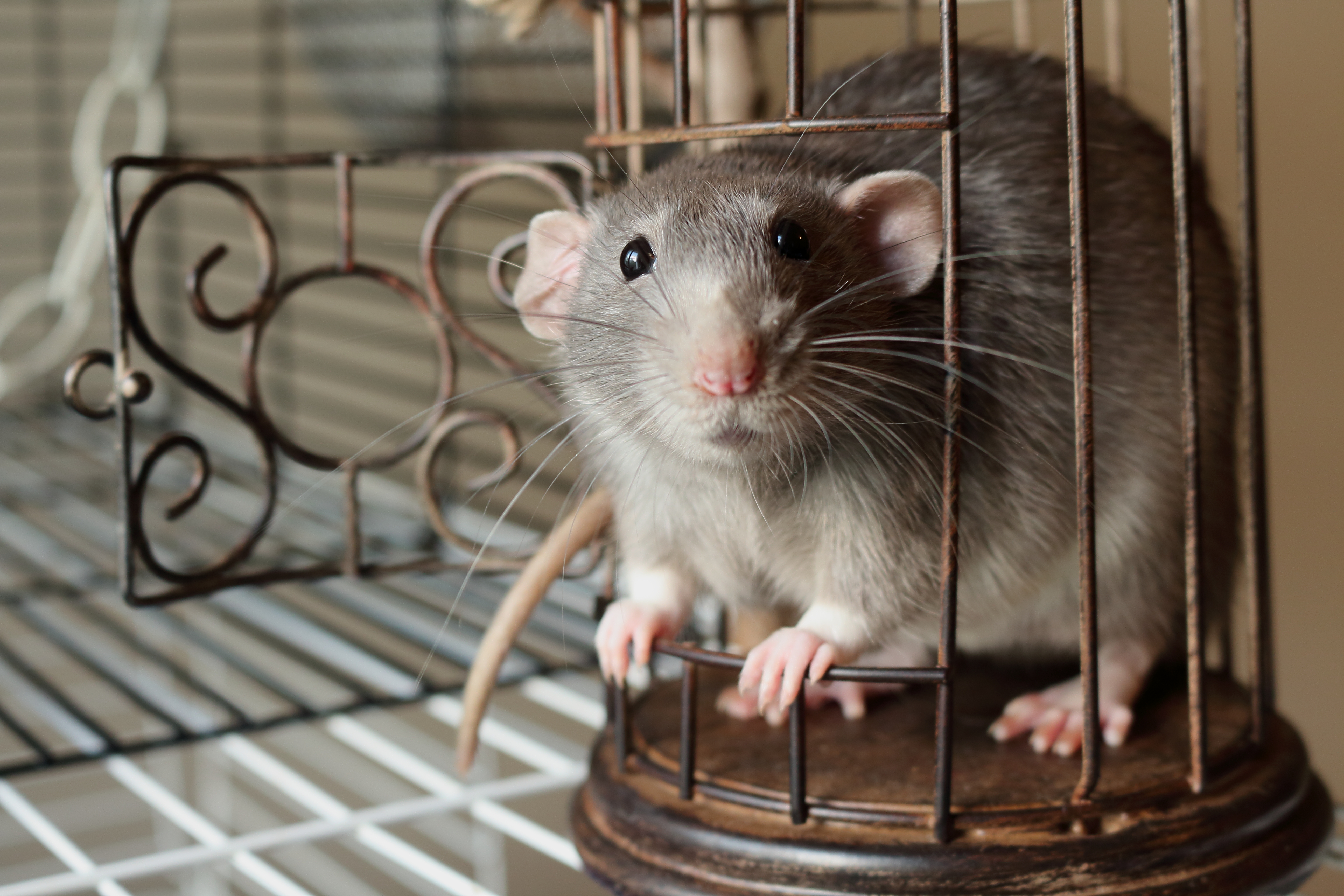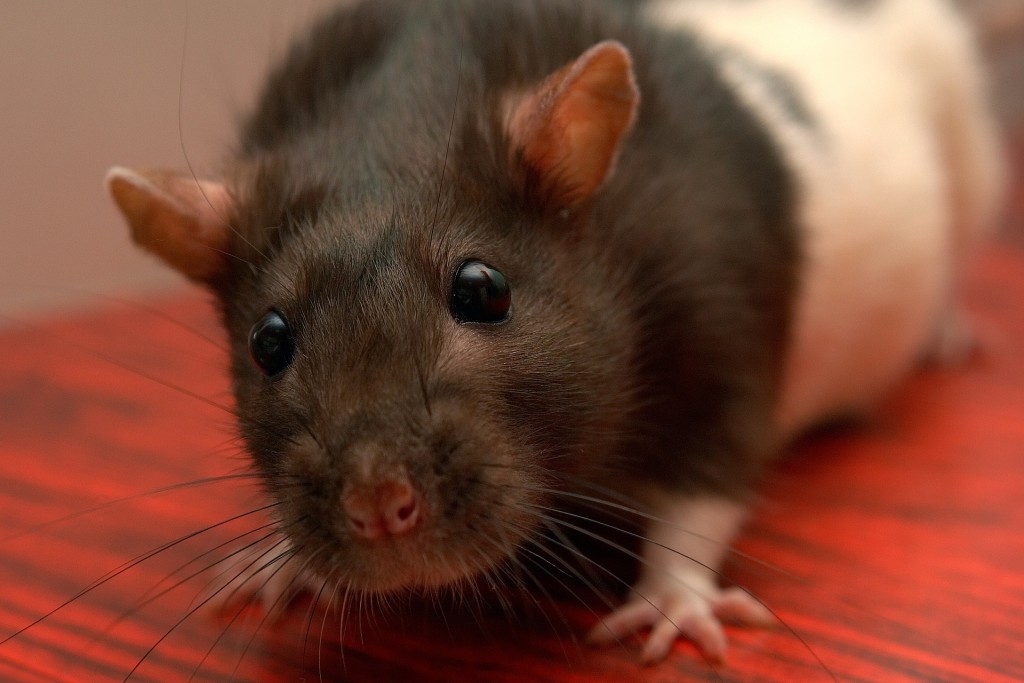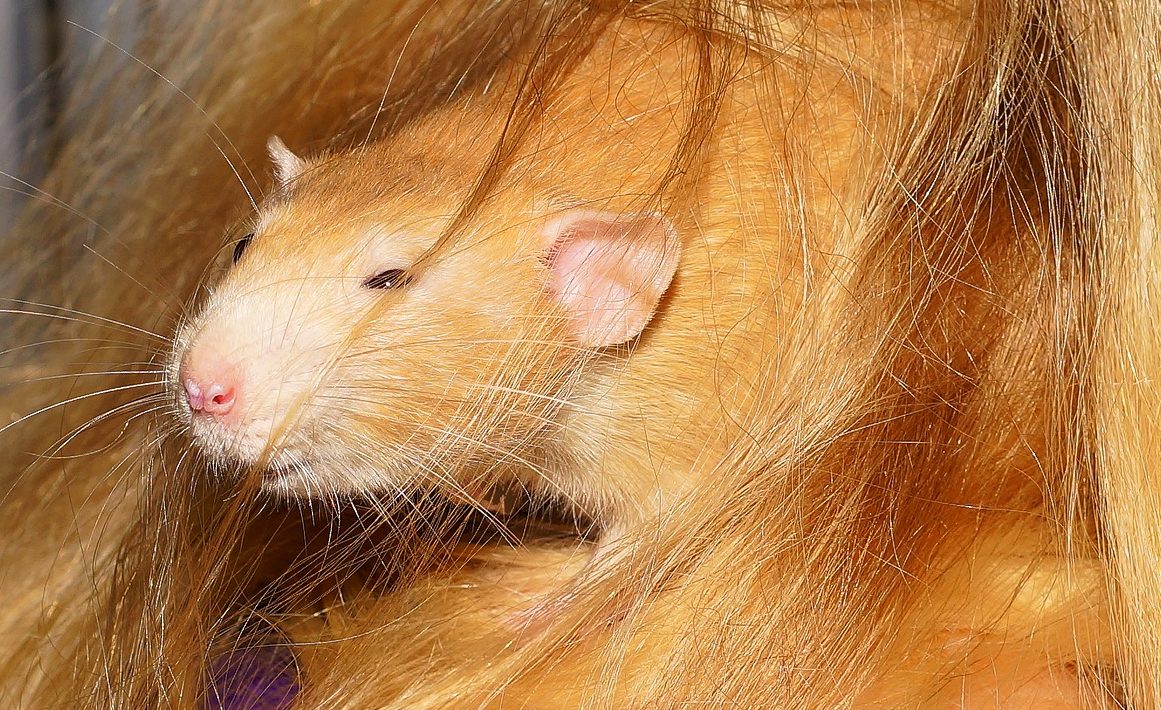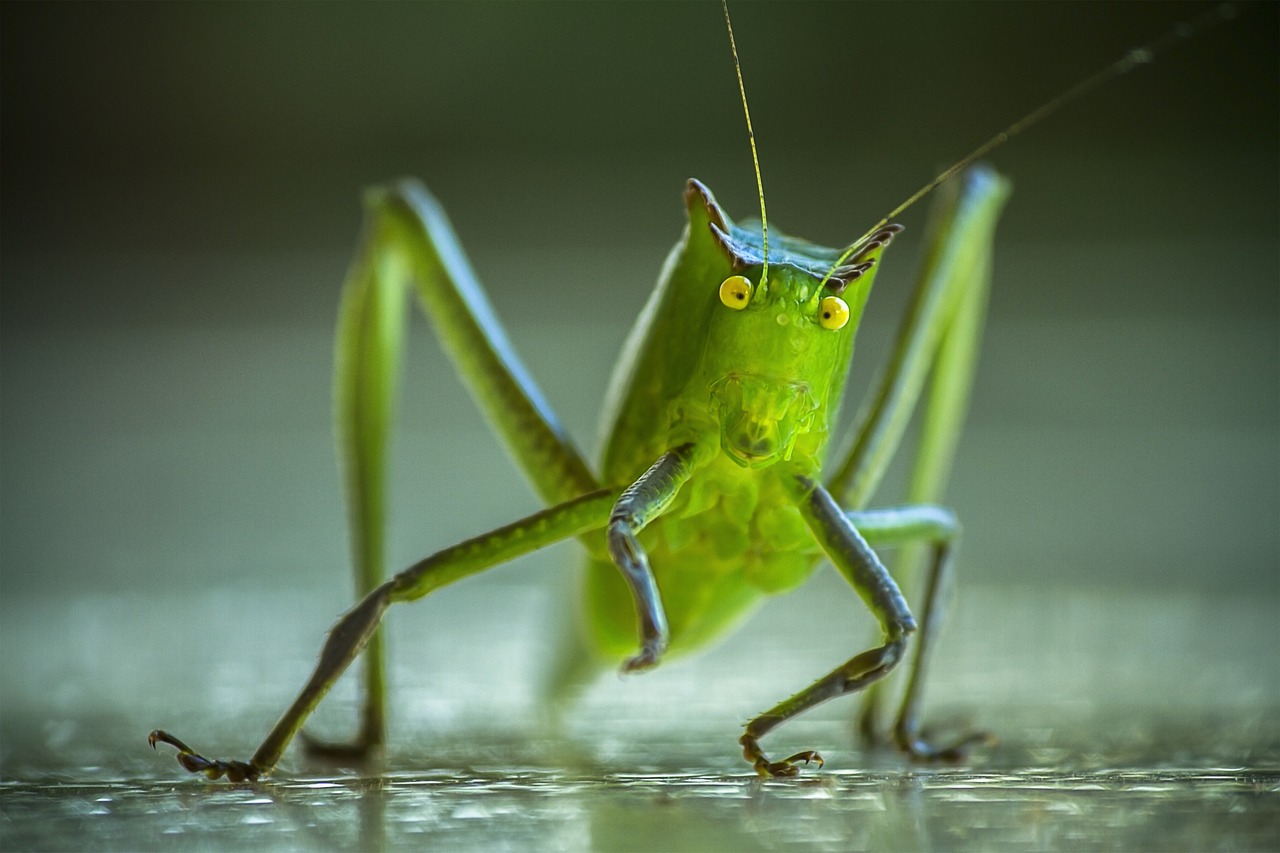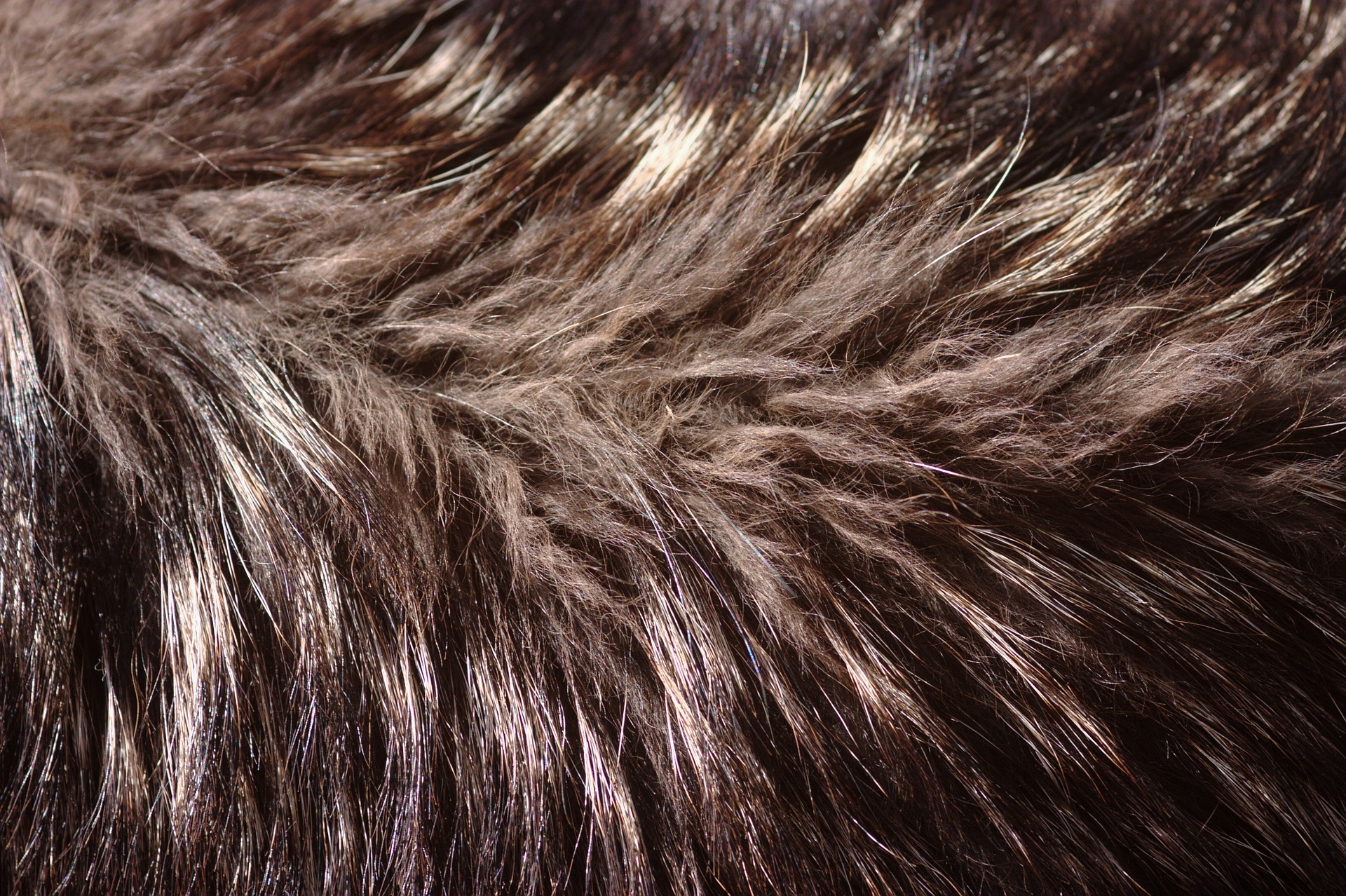Do Rats Eat Meat?

Rats are omnivores, which means they eat a wide variety of foods including plants, seeds, fruits, vegetables, nuts, insects, and animal products, such as milk and cheese.
Chances are you’ve given your rats a bit of cheese, or a delicious little bowl of yogurt.
However, some question whether or not they should give their rats meat; is it safe for a rat to eat?
Rats: Nature’s Incredible, Intelligent Scavenger
Rats are one of nature’s most important clean up crews. Along with vultures, flies, o’possums, and many other critters, they clean up what others may not want.
Whether that’s a leftover slice of pizza on the streets of NYC, the mess you left on your shirt while eating cookies, or chasing down a common housefly, there isn’t much a rat won’t gobble down.
If you toss a piece of chicken in front of your rat, he or she will run for the hills with a tasty new prize, but there’s no need to fret!
It’s perfectly safe.
Rats Love Meat!
Rats absolutely love meat, especially when it’s part of your delicious tomato pasta (rats can have tomatoes!) or sitting atop a divine salad. As a rat owner, you’ve likely found yourself robbed of one of your favorite meals due to your smart little pets.
They swoop in when you don’t realize it, and run with their spoils. They absolutely love to dine with us; but you have to be careful, because they will stash their favorite foods (from your meal) in all kinds of places.
Then, they’ll forget about it.
Trust me, if you’re not careful, you’ll find little dried out food stashes all over your home weeks later!
The last thing you want laying around is meat; thus, I don’t recommend giving them much to nibble on, unless they are in their cages. Speaking of which…
How Much Meat Can Rats Have?
Depending on the age, size, and weight of your rat, I would only include meat as a part of a balanced diet. They should not have an entire meal made up of your leftover bits of chicken or pork; instead, offer them a piece roughly the size of their heads at most.
Protein is a very important part of a rat’s diet, and meat is an excellent way to fit that protein in. However, a rat who is overweight needs to be watched carefully. Generally, lowering the carbohydrate and sugar intake can make a world of difference (Sorry little guys; that means a lot less Cheerios, yogurt, chocolate, and noodles!)
If you are lowering your rat’s carbohydrate and sugar intake, meat is an excellent, tasty treat to get their minds off of the loss of their favorite snacks. I’d also encourage a bit of exercise, too; there are rat wheels out there that’ll make it easier to entice your rat into becoming more active.
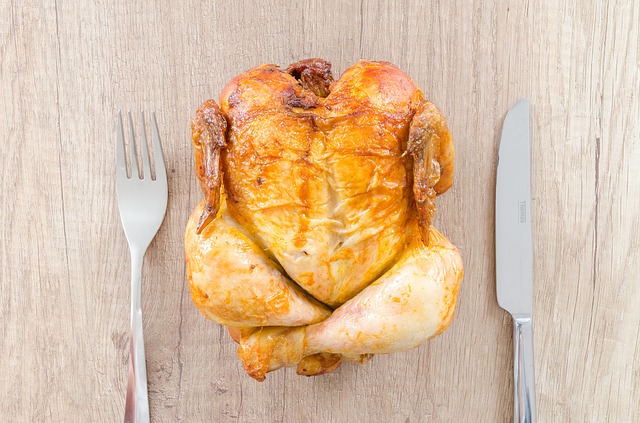
Ensuring That Meat Is Safe for Your Rat’s Consumption
Before you go to feed your rats meat, just be sure that the food is safe for consumption. A rat’s stomach can handle much more than a human’s can, as rats are able to consume raw meat naturally. However, since they are pets that are living in close quarters with humans, it’s important to ensure that the rats don’t fall ill or become infected with parasites or diseases that could possibly be transmitted to humans.
Thus, let’s be sure to follow safe meat handling processes:
- Cook meat to an internal temperature of 165*F.
- Do not cook or serve spoiled meat.
- Always prevent cross contamination; never use wood cutting boards for meat, and don’t use the same cutting boards for raw meat and fruits/vegetables.
- If meat seems contaminated with something, or if it is recalled, be sure to return the product to the store.
- Always refrigerate leftovers.
One Last Note…
If you are offering your rat a recipe that you’ve made with meat, be sure that it does not contain any dangerous foods for rats.

